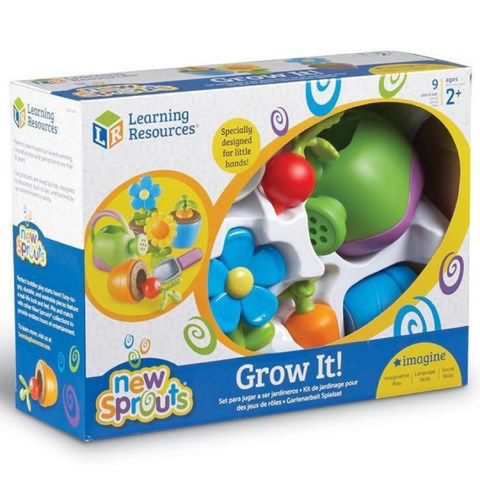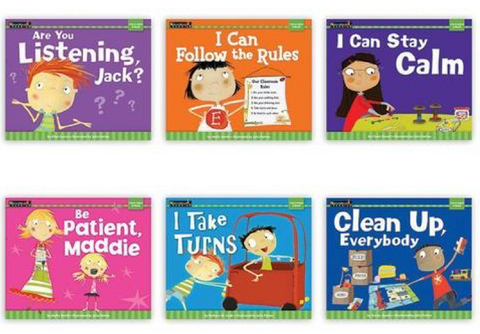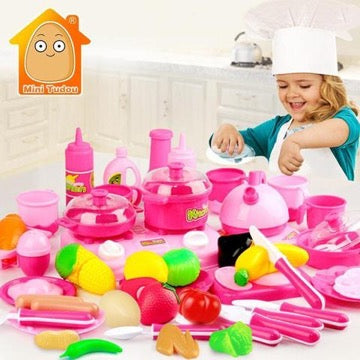How often do we find ourselves listening to our kids playing and making imaginative sounds like Vroom? When they’re pretending to be a race car driver or when we walk in the living room to find all the stuffed animals seated in neat rows and your child is “teaching “them the ‘A B Cs” or when they’ve set up an immaculate tea table complete with cookies and cupcakes. How fun is it to build a “fort “ under the dining room table using bedsheets or when we hear loud banging only to discover our precious little one “cooking” something in your pot and using your wooden spoon? And when they see you, they lick the spoon and end up with a Mmmm sound as they “Pretend “ to taste and love what they have just prepared.
As adults and parents we are not unaware of the fact that our kids observe and copy what we do and then pretend to be like us and behave in a similar manner. What we do need to understand is that when kids are observing us and when they are pretending to be like us, it is playing a vital role in their growth and development then we actually understand the depth of. In fact the positive impact of pretend play or dramatic play or imaginative play is far more resounding. Pretend play or role play is an integral component in developing the foundation of social, emotional and intellectual skills. The process of pretending reflects on many developmental aspects of a child’s personality.
Social and Emotional skills
As adults, we may see our children engaged in role play as just copying and acting out a role, whereas this is far more complex. During pretend play the child is using advanced thinking strategies, communication and is working on strengthening its social skills. During pretend play the child is experimenting with social and emotional roles of life. It is normal and pretty exciting for kids to see the world from their own perspective, but as they mature and through cooperative play they begin to understand the feelings of others.
Through mutual play, children learn how to behave in a socially acceptable behaviour like taking turns, sharing responsibility and even creative problem solving. While children are experiencing the feeling of “walking in someone else’s shoes” they are grasping on concepts and then displaying skills like negotiating, considering other’s perspectives, balancing their ideas with that of others, transferring their knowledge from one situation to the other, expressing and listening to thoughts and ideas, assigning tasks and roles, developing a plan and acting on it. If you look close enough, this is actually a description of a set of skills required by anyone to successfully execute any work project.
Thinking Skills
Dramatic play sets in motion the thinking skills of children when they learn to discover their likes and dislikes, abilities and their interests. Pretend play provides a lot of opportunities for your kids to encounter a situation where problem solving is the key aspect. Scientists and researchers believe that pretend play can help cognition by predisposing kids to a playful environment that could lead to the production of unusual ideas, explore symbolism and even synthesize different kinds of information. When children are engaged in pretend play, they are learning skills as to how to interact with people and how to cope with various situation and social settings.
Imaginative play sets their cognitive and thinking abilities in motion as they master the power to read social cues. It even helps them in recognizing and critically dealing with social scenarios which are out of their comfort zone. You may have encountered kids playing doctor and administering “shots” even when they are afraid of this similar setting in reality. Through this role playing children are asking themselves feel more comfortable and prepare themselves for life events in a safer way. Often, children utilize pretend play to cope with more challenging life events, such as a family illness, parents’ divorce or loss of a loved one.
Language skills
There are times when a child is deeply occupied in an imaginative role and you hear them say things and use certain words and phrase you never thought your child knew! Children often speak words and even use expressions that are a reflection of you and other social sources that they are exposed to like television and tablets. Children can sometimes surprise us with perfect imitations of mom, dad and even teachers. Pretend play enhances the child’s understanding of the power of language. Role playing increases the capacity of children to put meaning to words which helps them re-enact a story or organize a play. This process helps the child to make a connection between spoken and written language – a skill that will later help them to read.
Kids first words are usually a connection between an object and an expression. For example a child is playing with toys and a parent asks them to “Push” a button or “Turn” a knob. These expressions will slowly formulate into imitating the sound of ‘Push’ and later will be used as an expression related to objects. We frequently hear kids say words when they are performing tasks like whenever they open a door they will say “Turn” while turning the handle or they will say “Close” when you let them shut the washing machine door or “Hot” when they touch their food, even though it may not be hot .This may seem a little odd or even funny to us adults but it is at this very moment that all the wheels in your kids head are turning simultaneously and harmonizing their cognitive, thinking and language skills to utter that one word.
Synthesizing knowledge and Skills
As we know that learning and development in children happens over a period of time. It is not done so discretely or in isolated situations or activities. Children need the opportunity to blend their knowledge and skills together. What better than pretend play to assist them in achieving this task. At times you see them playing “grocery store”. Observe how they collaborate by assigning tasks and roles.
How all things are sorted into similar food groups or other items placed in their own categories. You will see them using math skills in calculating and tabulating the “grocery bill”. They will even utilize their writing and communication skills by making signs and setting them up. And of-course the language skills are put to use as the kids pretend to be a cahier or a customer having a conversation about the groceries or even generally.
Nurturing the Imagination
As parents and caregiver, we can further encourage the learning skills and development process of our children by providing them with the material and opportunities to keep them engrossed in pretend play activities. You may consider some of these tips and ideas to keep your child more and more involved in pretend play.
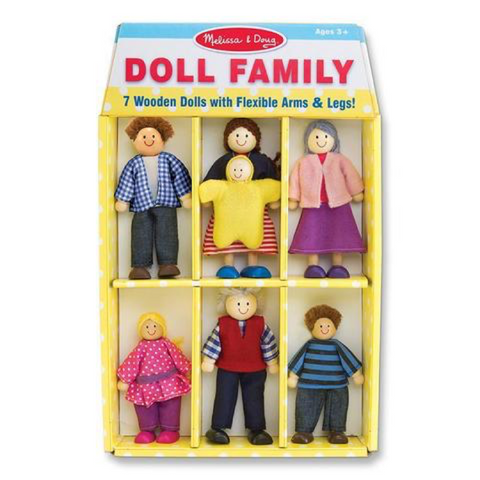
a. Create a “Prop” Box
You may consider preparing a handy “Prop” box to spark your child’s fantasy world. Fill a box or crate or bin with old clothes hats, gloves and jewelry. Add other materials like plastic pots and pans and utensils. You can use stuffed animals and dolls. Also, fabric pieces, blankets, sheets that can be used as costumes or to build a ‘House”. There could be old used up phones or magazines as well. The prop boxes can be a kaleidoscope of “stuff” or they could even be themed. It’s like having a creative experience in a box. Popular themes could be a classroom, flower shop, post office, restaurant or theatre. Fill up the box and let your child’s creativity take it from there.
b. Story Telling
Use stories to unleash the thought and thinking processes of your child. Invite your child to recreate a favourite story and add their own twist to the plot. You can excite their abilities by asking questions like “What do you think the rabbit should have done?” Or “What if the swan hadn’t seen other swans like it ?” You may be surprised by the unexpected yet creative answers by your kids.
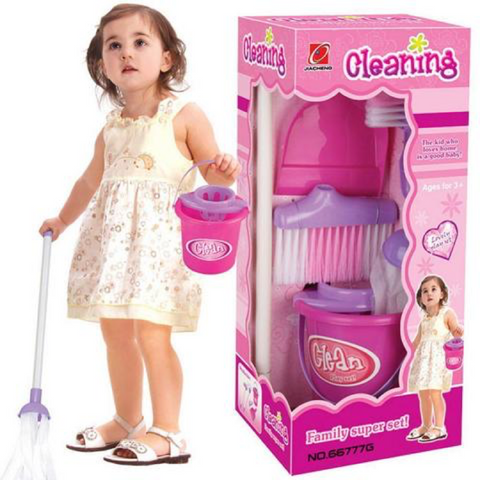 c. Provide Dolls and Puppets
c. Provide Dolls and Puppets
Make sure that you provide your kids with ample of puppets, dolls and other figures. They can be store bought or even hand made with socks or other household materials. Through imaginative play, kids often assign thoughts and feelings to these “People” and “animals” which helps them to explore and workout their own ideas, thoughts and feelings.
But remember, that no story or doll or game can replace the quality and un-interrupted time that you spend with your kids while playing and exploring ideas. Following your child’s lead you may discover and learn more about your child and their interests and need .This not only gives the children a sense of security and fortifies your bond with them but also strengthens and intensifies their developmental and learning skills.
As children grow up, more of their time is taken up by scheduled activities. You may as a parent or caregiver, consider what they are losing while giving up on pretend play. So the next time you see your kids tying a cape around their neck pretending to be a super hero or galloping around the yard as a cowboy trying to get rid of “bad people’ allow them to explore the possibilities around the, . Don’t rush them to do homework or in cleaning their rooms. In-fact, join in! Who does not enjoy being an astronaut while wearing a bike helmet covered in aluminum foil.


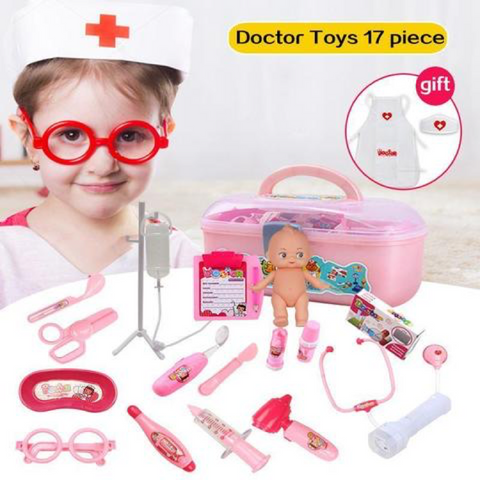
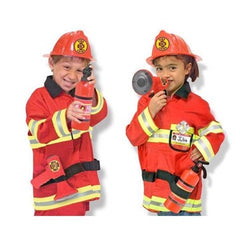 Through mutual play, children learn how to behave in a socially acceptable behaviour like taking turns, sharing responsibility and even creative problem solving. While children are experiencing the feeling of “walking in someone else’s shoes” they are grasping on concepts and then displaying skills like negotiating, considering other’s perspectives, balancing their ideas with that of others, transferring their knowledge from one situation to the other, expressing and listening to thoughts and ideas, assigning tasks and roles, developing a plan and acting on it. If you look close enough, this is actually a description of a set of skills required by anyone to successfully execute any work project.
Through mutual play, children learn how to behave in a socially acceptable behaviour like taking turns, sharing responsibility and even creative problem solving. While children are experiencing the feeling of “walking in someone else’s shoes” they are grasping on concepts and then displaying skills like negotiating, considering other’s perspectives, balancing their ideas with that of others, transferring their knowledge from one situation to the other, expressing and listening to thoughts and ideas, assigning tasks and roles, developing a plan and acting on it. If you look close enough, this is actually a description of a set of skills required by anyone to successfully execute any work project.